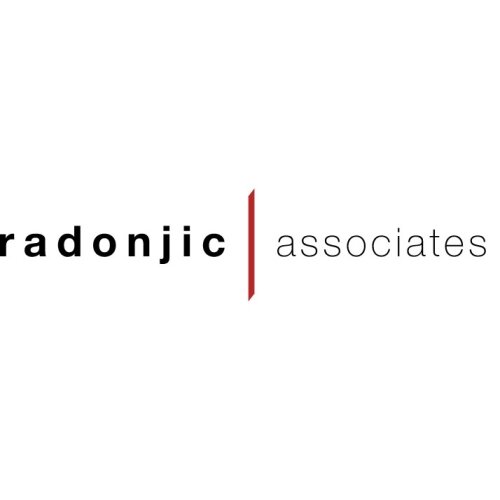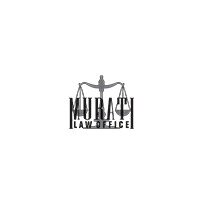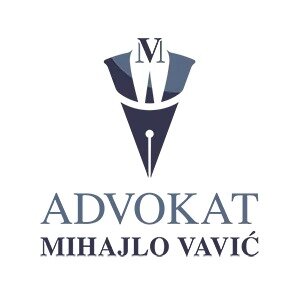Best Education Law Lawyers in Montenegro
Share your needs with us, get contacted by law firms.
Free. Takes 2 min.
Or refine your search by selecting a city:
List of the best lawyers in Montenegro
About Education Law in Montenegro
Education law in Montenegro encompasses the statutes, regulations, and policies that govern the education system in the country. This field of law is designed to ensure that educational institutions operate smoothly and fairly, maintaining high standards of education and providing equal opportunities for all students. Education law addresses various aspects such as the rights and responsibilities of students and teachers, the accreditation of institutions, and educational reforms to improve quality and access.
Why You May Need a Lawyer
Individuals may require legal assistance in education law in numerous scenarios. These could include disputes over educational rights, cases of discrimination or exclusion, issues related to special education needs, violations of educational policies, or conflicts regarding student loans and financial aid. Legal experts can help resolve conflicts between educational institutions and stakeholders, assist in cases of staff or student misconduct, and provide guidance on regulatory compliance and educational policy development.
Local Laws Overview
In Montenegro, the primary framework governing education law is based on the principles set forth in the Constitution of Montenegro, which grants the right to education to every citizen. Key legislations include the Law on Primary Education, Law on Secondary Education, and the Law on Higher Education, which outline the structure, administration, rights, and duties within educational settings. These laws regulate educational standards, curricula, and the rights of students and teachers, ensuring quality education and protecting the rights of all educational stakeholders.
Frequently Asked Questions
What is the right to education in Montenegro?
Every citizen in Montenegro has the constitutional right to access education. This includes free and compulsory primary education, with subsequent opportunities for secondary and higher education.
Are private schools allowed in Montenegro?
Yes, private educational institutions are permitted in Montenegro and must adhere to the national education standards set by the government.
What are the regulations regarding special education in Montenegro?
The Montenegrin education system provides for special education, ensuring that children with disabilities receive appropriate support and inclusive education options.
How are educational disputes resolved in Montenegro?
Educational disputes can be addressed through administrative processes within educational institutions or through the legal system if formal litigation is necessary.
What are the responsibilities of school management and teachers?
School management and teachers are responsible for maintaining educational standards, ensuring a safe learning environment, and adhering to educational policies and regulations.
Can students appeal against disciplinary actions?
Yes, students in Montenegro can appeal against disciplinary actions through the educational institution’s grievance procedures or through legal channels.
How are student rights protected?
Student rights in Montenegro are protected under various laws ensuring non-discrimination, access to education, and participation in school governance.
Is homeschooling legal in Montenegro?
Homeschooling is subject to regulation, and parents must follow specific guidelines to ensure compliance with national education standards.
What legal recourse is available for educational malpractice?
Victims of educational malpractice can seek remediation through internal institutional processes or pursue legal action if necessary.
How does Montenegro ensure educational quality?
The Ministry of Education monitors educational standards, and schools undergo regular evaluations and adherence to accreditation requirements to ensure quality education.
Additional Resources
For further assistance with education law in Montenegro, consider reaching out to the Ministry of Education, local educational authorities, or legal aid organizations. Additionally, professional associations, such as the Bar Association of Montenegro, can help connect you with qualified legal professionals specializing in education law.
Next Steps
If you require legal assistance with education law issues, consider consulting with a legal expert specializing in education. Start by gathering all relevant documentation and clearly defining your concern. Contact professional legal services or legal aid organizations for advice or representation. It is beneficial to seek consultation from a lawyer experienced in Montenegrin education law to better understand your rights and the appropriate legal actions you may need to take.
Lawzana helps you find the best lawyers and law firms in Montenegro through a curated and pre-screened list of qualified legal professionals. Our platform offers rankings and detailed profiles of attorneys and law firms, allowing you to compare based on practice areas, including Education Law, experience, and client feedback.
Each profile includes a description of the firm's areas of practice, client reviews, team members and partners, year of establishment, spoken languages, office locations, contact information, social media presence, and any published articles or resources. Most firms on our platform speak English and are experienced in both local and international legal matters.
Get a quote from top-rated law firms in Montenegro — quickly, securely, and without unnecessary hassle.
Disclaimer:
The information provided on this page is for general informational purposes only and does not constitute legal advice. While we strive to ensure the accuracy and relevance of the content, legal information may change over time, and interpretations of the law can vary. You should always consult with a qualified legal professional for advice specific to your situation.
We disclaim all liability for actions taken or not taken based on the content of this page. If you believe any information is incorrect or outdated, please contact us, and we will review and update it where appropriate.
Browse education law law firms by city in Montenegro
Refine your search by selecting a city.










